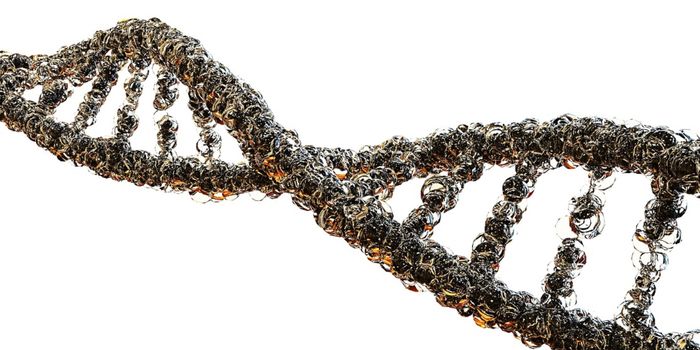Why Do you Have a Dog? It Could be Genetic
Whether you are a ‘dog person’ or a ‘cat person’ has been thought to be personal choice. However, recent research suggests that there may be a genetic factor to consider if you prefer dogs.
Previous research has shown that exposure to dogs throughout childhood increases a person’s chance of a preference for dogs. Although these findings may make common sense, researchers were nevertheless left wondering how much genetics could also be a contributing factor.
To find out, they conducted a twin study. By studying genetic and behavioural data from people who definitively share their entire genome (monozygotic twins) or 50% of their genome (dizygotic twins), researchers are able to see whether certain behaviours have environmental or genetic roots.
Thus, for this study, they analyzed data from over 85,000 twins in the world’s largest twin registry- the Swedish Twin Registry. As Sweden requires all dogs to be registered with the Swedish Board of Agriculture, they then compared this data with data for dog ownership. Of the twins researched, 8,503 of them owned dogs.
WIth these findings, they then set up computer models to identify whether genetic or environmental factors had more of an influence on dog ownership. In doing so, they found that genetics were slightly more predictive of adult dog ownership than the environment. They found that a person’s genetics were able to predict 57% of the likelihood of dog ownership in women, and 51% in men.
Although the study didn’t identify the particular genes that are responsible for a preference towards dogs, it did nevertheless demonstrate that genetics play as strong a role in it as one’s environment. Thus, the next step for this research is to try to identify the genetic variants that contribute to this preference, and how they relate to personality traits and other factors such as allergies.
To conclude, a Swedish twin study of 8,503 dog owners has shown that genetics contribute to more than half of a person’s chance of owning dogs. Further research however is needed to confirm which genes are responsible for this preference, and how they interact with other factors such as one's personality and allergies.
Sources:








